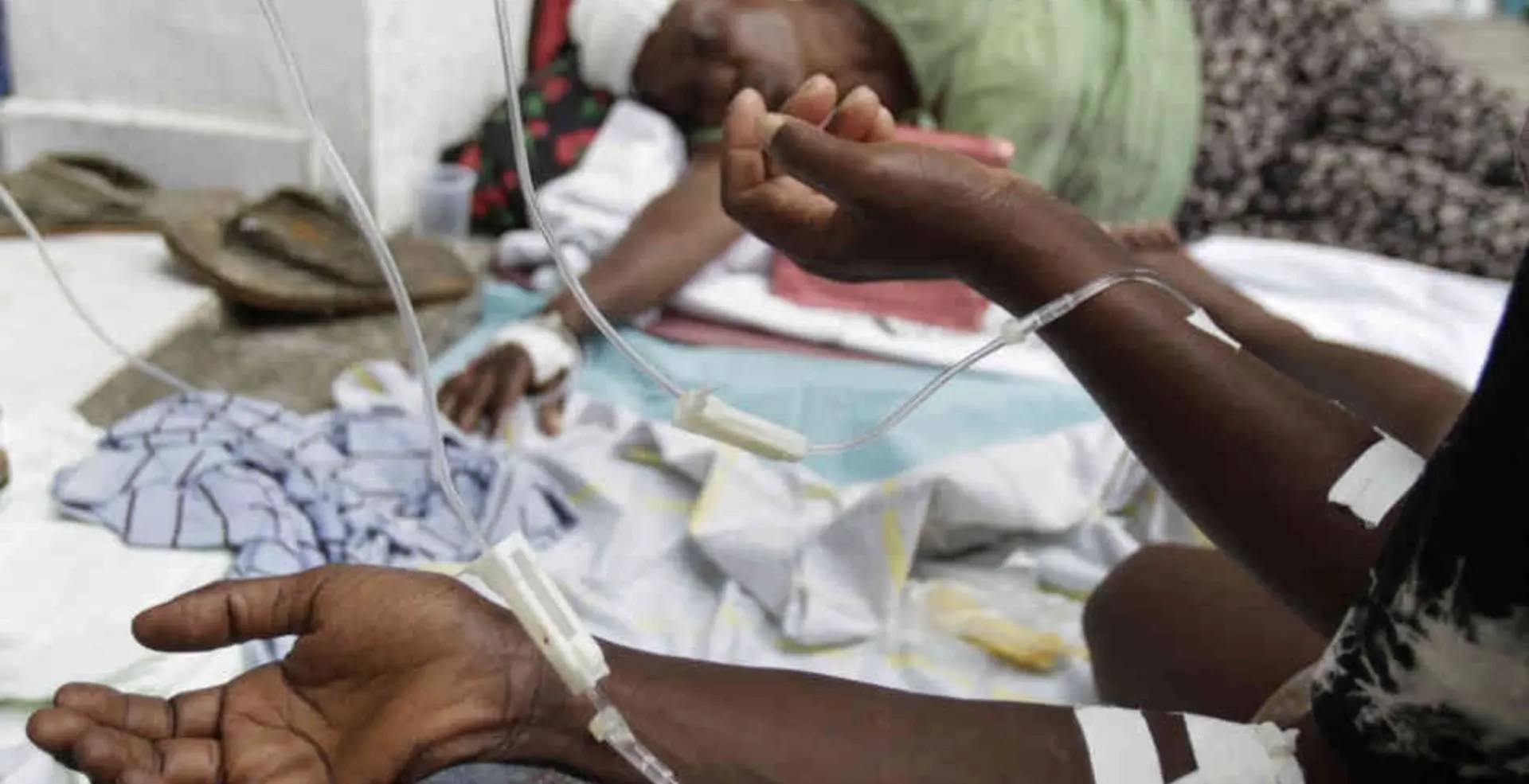Ghana's Ashanti Region has joined the list of areas affected by the nationwide cholera outbreak, with five confirmed cases reported in three districts: Sekyere South, Kumasi, and Bekwai. This development comes amid a surge in cholera cases across the country, with over 4,000 suspected cases and 35 deaths recorded since October 2024.
According to health authorities, the five confirmed cases in Ashanti Region were identified through laboratory tests out of 28 suspected cases. Sekyere South has the highest number of cases, with three confirmed infections, followed by Kumasi and Bekwai with one case each.
The Regional Health Directorate, led by Dr. Fred Adomako-Boateng, has swiftly responded to the outbreak by implementing measures to contain the spread of the disease. These measures include:
- Disinfecting Homes: Disinfecting the homes of confirmed cases to prevent further transmission
- Isolating Patients: Isolating patients and tracing contacts to prevent the spread of the disease
- Public Health Surveillance: Strengthening public health surveillance to quickly identify and respond to new cases
- Emergency Response Teams: Mobilizing emergency response teams to provide support and care to affected communities
Health authorities have assured that efforts are underway to educate healthcare workers on identifying and managing cholera cases. Communities in Bekwai and Sekyere South have undergone assessments, revealing localized infections with no use of public restrooms by the affected.
The cholera outbreak in Ghana initially started in the Western Region and has since spread to other regions, including Greater Accra, Central, and now Ashanti. The outbreak has reached critical levels, emphasizing the need for swift action to prevent further spread.
Research has shown that cholera outbreaks are often linked to environmental factors, such as poor sanitation, inadequate waste management, and contaminated water sources. In Ghana, the disease has predominated in urban and overcrowded communities, with high incidence rates recorded in areas with poor sanitation and hygiene practices.
The Ashanti Region's experience with cholera outbreaks is not new. Studies have shown that the region's urban areas, particularly Kumasi, have recorded high incidence rates of cholera due to factors such as overcrowding, poor sanitation, and inadequate waste management.
As health authorities work to contain the outbreak, it is essential for residents in affected areas to take precautions to prevent the spread of the disease. This includes practicing good hygiene, using safe drinking water, and avoiding close contact with anyone showing symptoms of cholera.



No comments yet
Be the first to share your thoughts!